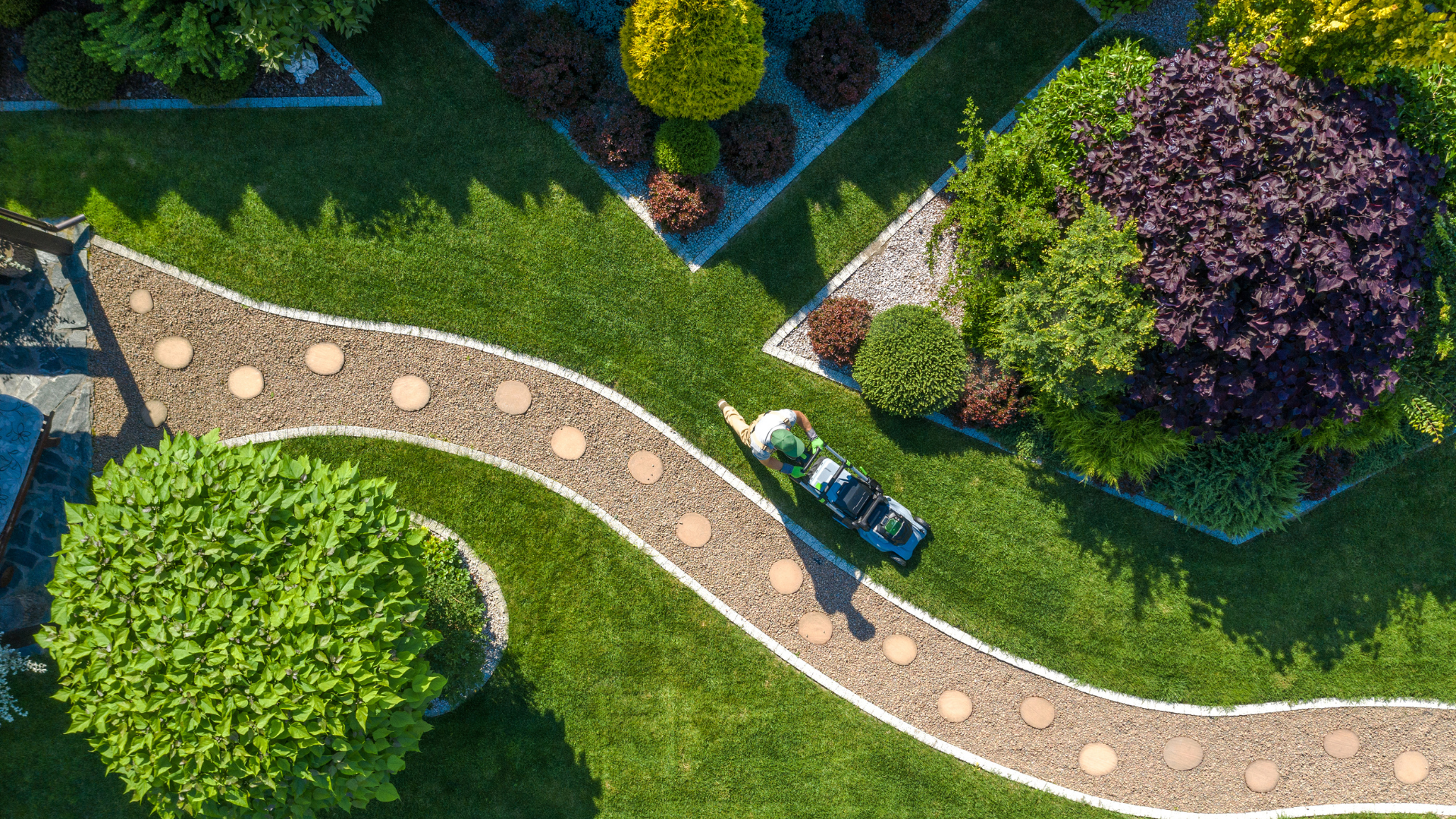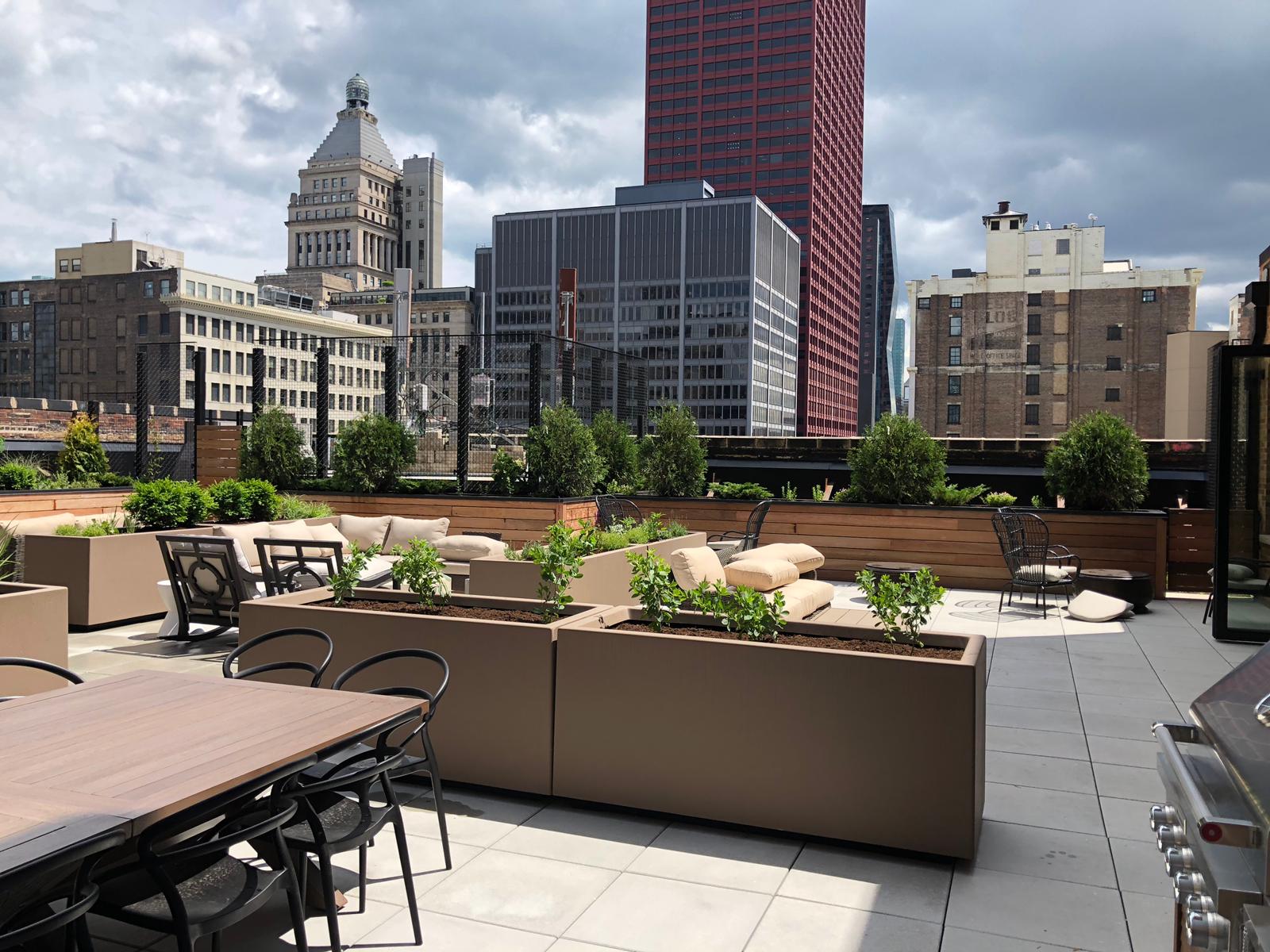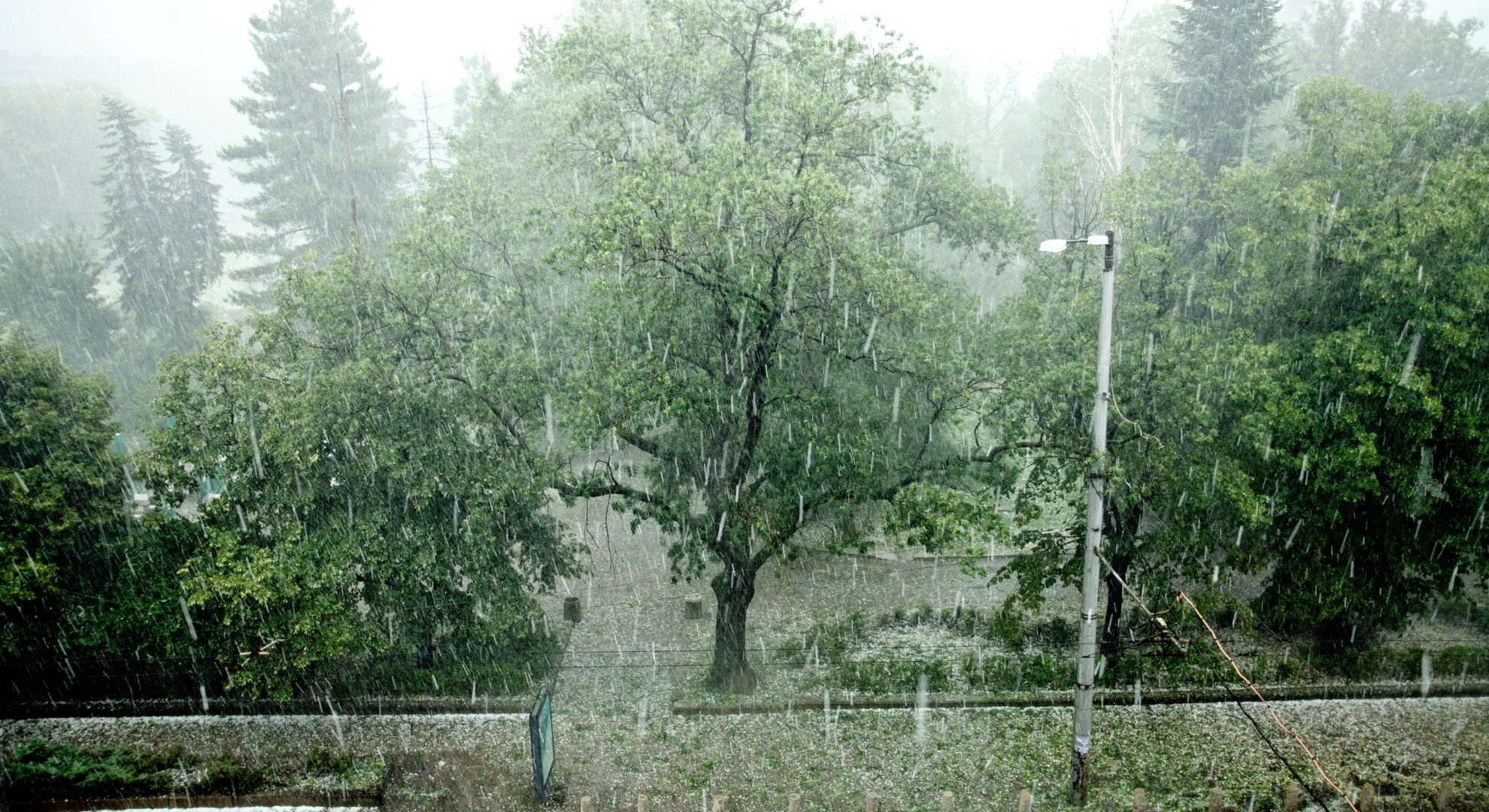Soil erosion poses a threat to human agriculture worldwide. From 1995 to 2020, accelerating soil erosion has contributed to soil degradation. This, in turn, has reduced rainfed crop yields by 29%.
By some estimates, 30% of the land that would otherwise be suitable for farming is, instead, severely degraded by erosion.
Erosive materials also pose a risk to human health. Stormwater and flooding push loose soil into rivers and the water supply—elevating sediment and pollution levels in both.
Preventing erosion and mitigating its risks are more important tasks now than ever. But, when pursuing erosion control, it’s vital to choose methods that are friendly to wildlife.
Fortunately, there’s an effective, eco-friendly tool that’s up to the task: erosion control grass.
What Is Erosion Control Grass?
Grass planting strategies are low-effort, high-reward erosion solutions.
Erosion control grass is a category of plants in the Poaceae genus. These grasses germinate quickly from seed, and they have naturally deep roots.
Most control grass is tall and turf-type.
Some grass-based erosion control methods use multiple grass species. These methods combine fast-germinating grasses with extremely deep-rooted cultivars.
The fast-germinating grasses (often ryegrasses), stabilize soil on slopes to prevent rapid erosion in the event of a storm. These grasses protect the soil from immediate destruction, giving the deep-rooted grasses time to grow.
The deep-rooted grasses ultimately create a bulwark against erosion threats.
How Does Erosion Control Grass Reduce the Risk of Erosion?
Erosion control grass reduces the risk of erosion in three ways.
First, planting grasses strategically lets the grass plants’ roots create a fiber-like network. These fine, deep roots function a bit like a net, holding at-risk soil in place.
This stabilizes soil, both on the surface of a slope and underground.
Second, the grasses help increase the soil’s porosity. They add fresh organic material to the soil, and their roots break up dense soil clumps.
These effects improve the soil’s water absorption. It becomes easier for soil to absorb water deeply and mitigates the risk it’ll dry out—a factor in erosion risk.
Third, the grasses’ foliage and leafy crowns on the land’s surface slow the flow of water when it rains. Grasses’ surface features catch runoff and filter sediment. More soil stays on the land after a storm, instead of washing away.
What Are the Best Types of Grass and Seeds for Erosion Control?
Many different types of grass and seeds can be used for erosion control. The best choices have certain features in common. These include:
- Dense, fine roots
- Fast germination
- Dense, significant above-ground area coverage (leafy parts)
In comparison studies, grass with fast-growing, dense above-ground components made the most significant, immediate difference in reducing erosion and runoff.
Root density and fineness had a more significant impact than root depth.
If at all possible, it’s best to choose grasses native to your region. For instance, the Minnesota Department of Natural Resources recommends planting native cultivars, including:
- Big Bluestem
- Sideoats Grama
- Prairie Junegrass
Their root systems are better suited to long-term erosion control in upper midwestern soils than non-native grasses (like Kentucky Bluegrass).
How to Integrate Erosion Control Into Regular Lawn Maintenance
With professional guidance, you can easily integrate erosion-control grass-planting into your grounds maintenance schedule.
Consult with experts who can advise on the best planting strategy. They should consider your location and current soil quality.
Diaz Group LLC: Professional Grounds Maintenance and Enhancement
Erosion control grass is an eco-friendly tool to protect your land and nearby water supplies. Don’t let stormy weather pose a threat to the well-being of your grounds.
Ready to bring out the best in your land? Contact Diaz Group LLC. Our team of experts will give your yard what it needs to thrive.



